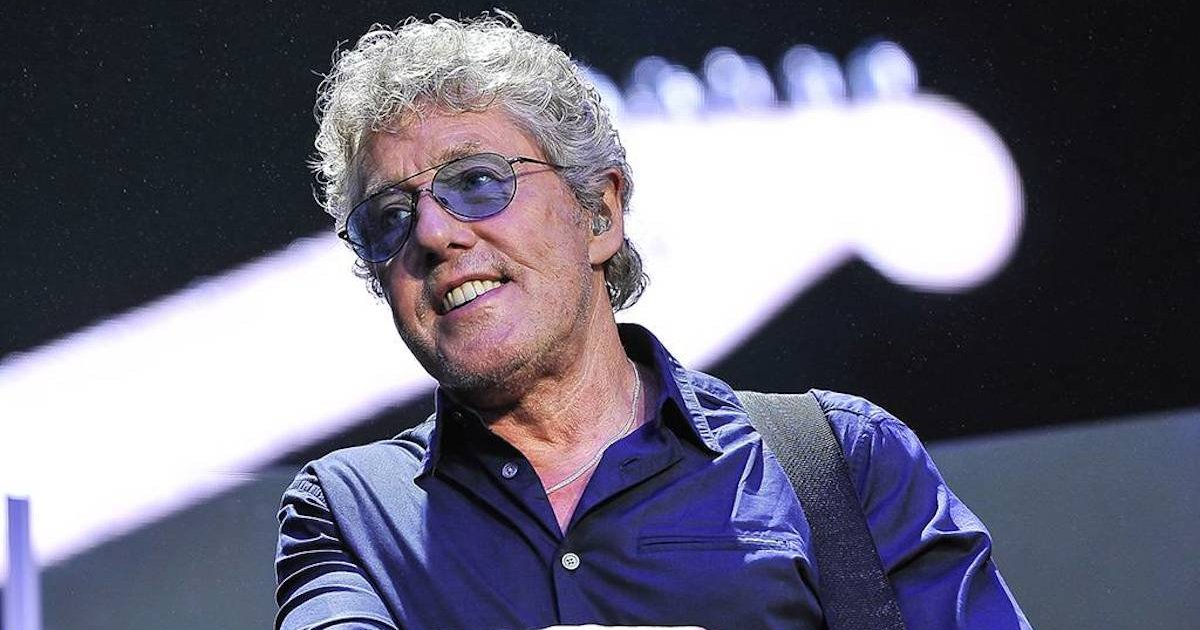Lately, a lot of the media’s attention and financial resources have been focused on the COVID-19 pandemic. However, The Who’s Roger Daltrey wants people to remember that supporting cancer foundations is still just as important.
Daltrey, 76, has long been involved with raising money for teens with cancer. He and The Who band-mate Pete Townsend founded Teen Cancer America in 2012 a foundation that raises money for hospital wings as well as financial and psychological services for families whose teenage children are battling cancer.
Read MoreHow Teen Cancer America is Staying Afloat During COVID-19
The Rock & Roll Hall of Famer says that “he doesn’t know whether [virtual events] would work for us” because of insufficient funds that streaming services offer. “[M]ost of our funding is events-based and all events have been canceled,” Daltrey told ABC Audio. “So, we’re kind of…treading water, trying to keep our head above water, and we want to be here at the end of this situation that we’re in at the moment. So, I’m just doing anything I can just to get people to recognize this issue for this age group.”
View this post on Instagram
One of Daltrey’s efforts is promoting the recently launched website COVIDAYACancer.org, a site that shares resources and information for adolescent and young-adult cancer patients and healthcare professionals who are adjusting to the current pandemic.
Mental Health for Cancer Patients During COVID-19
Daltrey told the Associated Press that he's really worried for young people with cancer during the COVID-19 pandemic because they may not be getting the care both medically and psychologically they need right now.
RELATED: Cancer Patients & COVID-19 When to Stay Home and When to Go in to Your Doctor
Racing thoughts and troubling feelings are often a part of the cancer journey, especially in unprecedented times such as the current pandemic. In an effort to help curb some of those anxieties, SurvivorNet spoke to Psychologist Dr. Marianna Strongin about some of the extra stress people living with cancer may be feeling, and what they can do to manage it in a healthy way.
In a Q&A, Strongin offered multiple modalities for soothing anxiety, including tele-therapy, breathing techniques that aren’t BS, and discussing the potential of medication with your oncologist. “Cancer patients talk about how once diagnosed they feel as though the rest of the world continues and they are put on pause,” Strongin told SurvivorNet. “In this scenario, we are all on pause. That's incredibly powerful. Let's all pause together.”
Below, Dr. Brian Berman, director of the Center for Integrative Medicine at University of Maryland, provides a guided meditation that you can do at home, at work or just about anywhere for a few minutes of calm and reflection.
Learn more about SurvivorNet's rigorous medical review process.


